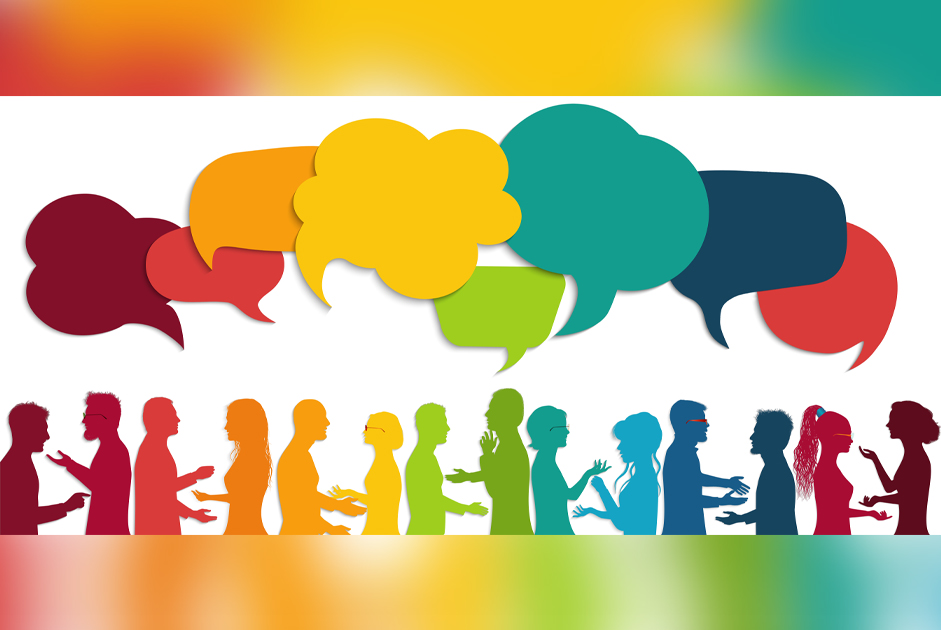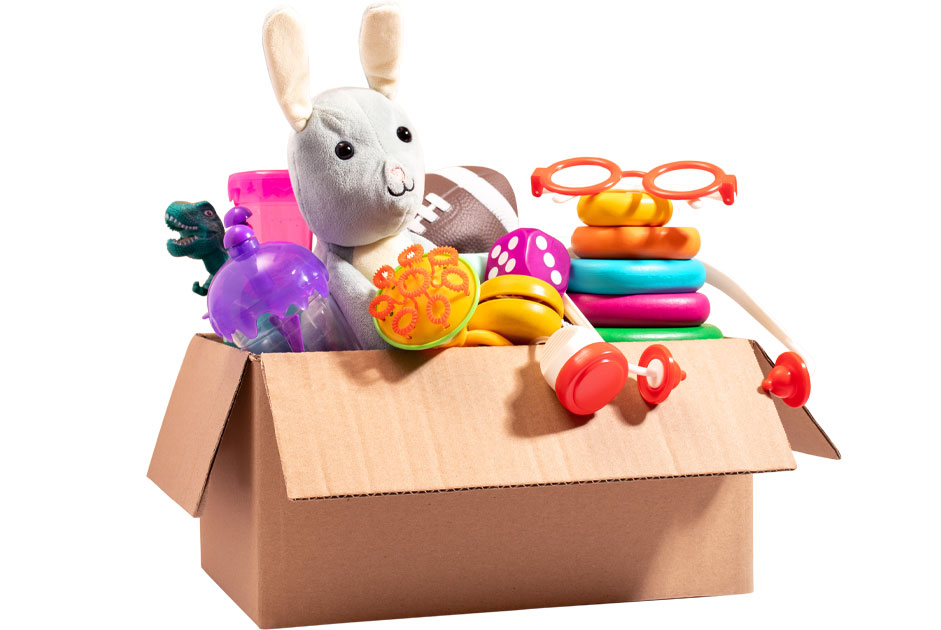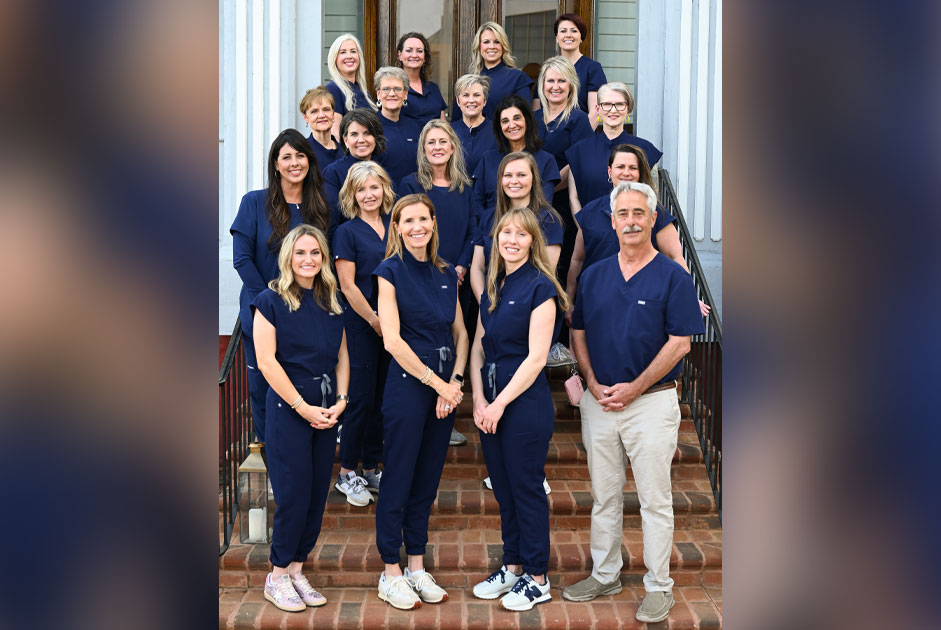As women, we often find ourselves taking on multiple roles in our personal and professional lives. We wear many hats, juggling responsibilities and expectations with grace and finesse. However, this multiplicity of roles can sometimes lead to difficult situations where we find ourselves in unexpected circumstances, struggling to communicate effectively.
The Ironic Roles We Play
Have you ever found yourself in a situation where you’re expected to be the voice of reason, only to realize you’re the one who needs guidance? Or perhaps you’re expected to be nurturing, but you’re feeling fiercely independent?
These role reversals can lead to communication breakdowns as we struggle to reconcile our own needs and expectations with those of others. Sometimes, for example, the caregiver becomes the one needing care. At other times, it is the peacemaker who becomes the source of conflict.
Even though these ironic roles can be a source of frustration and confusion, they can also present an opportunity for growth and self awareness.
Capitalizing On Strengths and Improving Weaknesses
To become better communicators, we must first understand our own strengths and weaknesses. What are your natural talents and abilities? With what areas do you struggle? We can build confidence and develop a sense of authority and expertise when we acknowledge and capitalize on our own strengths, and when we find our passion and conviction, our communication skills can effectively inspire others.
On the other hand, we also need to acknowledge and understand our weaknesses. Doing so can help us adapt more successfully to different personalities and communication styles. Acknowledging our weaknesses can help us learn the active listening skills that help others feel heard. We can learn to reduce defensiveness, become more empathetic and understanding, and find common ground.
Working With Difficult Personalities
We’ve all encountered people who seem to rub us the wrong way. Perhaps their communication style is abrasive or their personality clashes with ours. However, we can learn to keep our emotions in check. By understanding the true nature and tendencies of ourselves and others, we can learn to respond with patience when others irritate us. We can identify trigger points that we need to navigate around and can learn to adopt a neutral tone to build bridges, deescalate tension and help us find common ground.
For example, if you’re working with someone who is highly analytical, you can adapt your own communication style to focus on their data-driven insights and logical reasoning. If, instead, you’re working with someone who is highly emotional, try to focus on empathizing and validating their feelings. Listen carefully, ask questions if appropriate and, above all, remain patient and respectful.
Bridging Gaps and Building Bonds
So, how can we overcome communication barriers and build strong, meaningful relationships? Here are a few strategies to get you started:
Practice Active Listening: Focus on understanding the other person’s perspective, rather than simply waiting for your turn to respond.
Use “I” Statements: Rather than making what might feel like an accusatory statement, focus on your own feelings by using an “I” statement that shifts the emphasis to your own feelings instead. For example, you might turn the phrase, “You make me really mad” into “I feel really mad.” The emphasis is now on you, not on the other person. Using the “I” phrase, they will not feel accused and won’t respond defensively.
Seek Common Ground: Find areas of agreement and build on those to create stronger bonds.
Be Open to Feedback: Be willing to listen to and incorporate the feedback of others, and be open to giving constructive feedback in return.
Real Relationships, Real Results
Resolving conflicts and improving overall communication helps to increase collaboration and teamwork in the workplace and, by becoming better communicators, we can build stronger, more meaningful relationships that enrich our personal and professional lives.
Becoming a better communicator will create deeper, more lasting connections with others, but it requires self awareness, empathy and a willingness to grow and adapt.
Capitalizing on our strengths, improving our weaknesses and working with difficult personalities can help us build stronger, more meaningful relationships that bring joy and fulfillment to our lives.



















